African churches have been urged to urgently and courageously confront caustic moral disorientation and theological confusion engulfing society in order to secure our future.
While addressing the challenges posed by toxic doctrines and moral decadence, Babcock University Pastor and faculty, Prof. Efe Ehioghae placed the burden of responsibility upon African churches to resist cultural conformity and expose false doctrines by exemplifying godly character and realigning with the Gospel’s transformative power.
Prof. Efe Ehioghae while delivering the University’s 55th inaugural lecture titled: Toxic Beliefs, Twisted morals: The Urgency of Theological Detox in a Morally Disoriented Age, argued that communities of faith and the larger society need a divine detox of “wrong-headed beliefs and decaffeinated morals” to aid the recalibration of our ethical orientation.
He posited that revising curricula to emphasize sound biblical interpretation, contextual theology, and ethics rooted in the life of Christ is essential to reversing the reality of a continent faced with fast declining morals and religious toxicity.
He noted that while Africa and the rest of the world still struggle to come to terms with toxic beliefs which have “undermined the truth, twisted morals now walk the streets as virtue.” Religious institutions, he stressed, cannot afford to stand idly, unconcerned.
“Theological detox is not a rejection of faith but a return to its authentic core – that truth convicts, liberates and transforms.”
Aside curriculum review, he called on the church to reclaim its prophetic voice, particularly in the face of political corruption, exploitation, or ethnic violence.
Silence, he asserted, only normalizes moral confusion, and that Christian leadership should be accountable, servant-oriented, and shaped by Christ’s humility. He noted that this reform must start from the pulpits and seminaries.
“Only a renewed mind and purified theology can heal a fractured world and restore the moral integrity of the church.”
He recommended decisiveness in confronting religious manipulation and dismantling the culture of unquestioned spiritual authority, noting that “toxic beliefs flourish where religious leaders are idolized.”
Prof. Ehioghae emphasized integrating ethics into evangelism and discipleship, promote grassroots theological literacy as well as challenge prosperity theology and material idolatry. He advocated for reclamation of the doctrine of holiness, fostering inter-generational moral mentorship and developing African ethical theologies for public life.

His lecture keenly emphasized the need to develop theology which articulates robust ethical frameworks that engage public policy, environmental stewardship and justice.

“Theology must not remain a private or purely academic affair but actively shape public conscience, influence governance and guide holistic societal transformation rooted in truth and African cultural realities.”




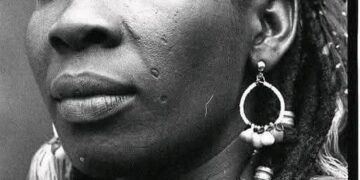
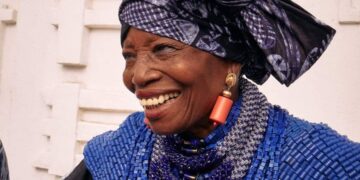
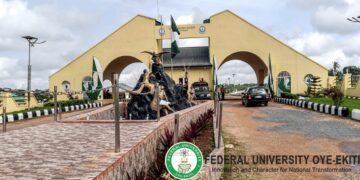






















































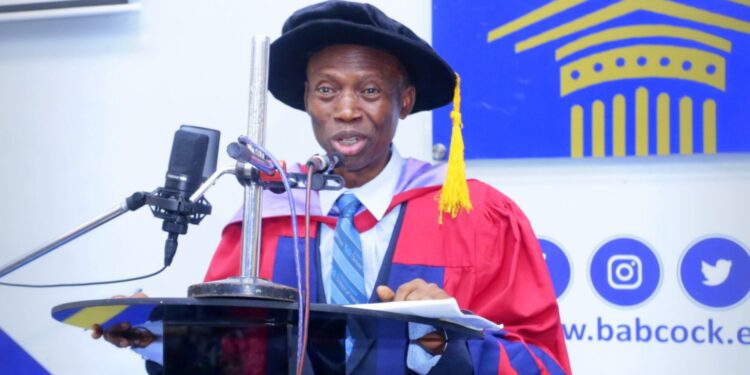





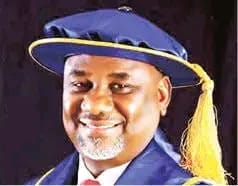
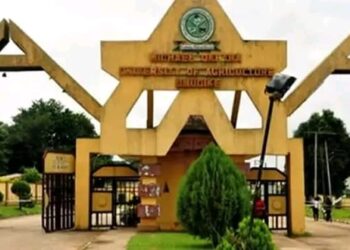
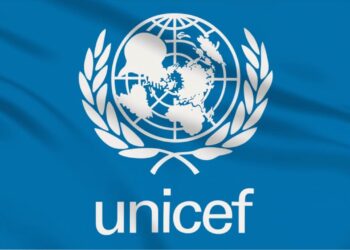

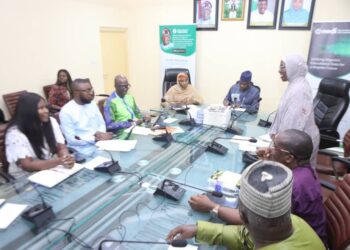










 EduTimes Africa, a product of Education Times Africa, is a magazine publication that aims to lend its support to close the yawning gap in Africa's educational development.
EduTimes Africa, a product of Education Times Africa, is a magazine publication that aims to lend its support to close the yawning gap in Africa's educational development.